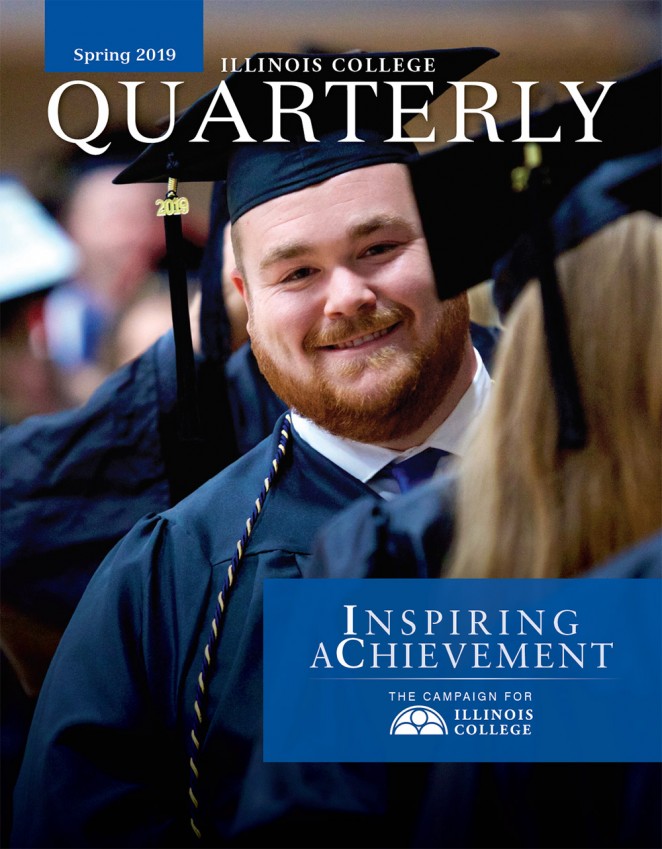The value of investing in STEM at Illinois College

Dr. Turner joined the faculty of Illinois College in 2006. Last year he led the effort to establish an interdisciplinary program in neuroscience, and he now serves as program director.
Science is a beautiful, self-correcting process for acquiring knowledge. Science cures diseases, explains our world, and demystifies the stars. Technology and engineering are practical applications of the findings of science, all of which make use of some quantitative tools given to us by mathematics. Because of their close relationships to one another, these four areas are often grouped together and referred to collectively as STEM subjects.
A broad liberal arts education, like the one offered at Illinois College, is central to giving STEM a rudder, helping to steer it while lighting its path and contextualizing its work. Without art and culture, engineers produce bridges and buildings that function but lack beauty. Without history, science doesn’t know where it’s been, and without literature, science isn’t creative enough to know where to go next with its technology.
STEM without excellent speaking and writing skills is useless and sterile, and STEM without philosophy, logic and ethics training doesn’t recognize its own weaknesses and limitations.
STEM areas are enriched by the humanities and other aspects of the liberal arts. Through those connections comes the recognition that just because we can do something scientifically doesn’t mean that we should do it (e.g., CRISPR gene editing, privacy in online social networks).
For students studying science, I would argue that philosophy, history, religion and ethics courses are a vital component of ensuring that they know what to do with the new knowledge. Inversely, students in the humanities need science coursework in an era when scientific literacy is more important than ever. While many institutions of higher education miss the mark here, at IC we intentionally specialize in these connections between disciplines so that even when students are not always aware of it, they are being exposed to culture in their biology classes, and issues of scientific literacy in their classes in politics and history.
It is not uncommon for me, on a weekly basis, to have conversations with STEM faculty in math, physics, biology and chemistry, but also with non-STEM faculty in philosophy, literature, art, politics and history. As a result of these interactions on a small campus like ours, between faculty, between faculty and students, and between students themselves of different majors, these interactions and connections have the potential to become THE core learning experience, not the exception. And that is a very powerful thing in a world that demands more scientific literacy than ever, but which desperately needs more competent adults who can think for themselves and communicate effectively.
But a pervasive myth is present in society that tells us that we all have to hyperspecialize. I think we do our students and society a disservice when we don’t expose students to the beautiful diversity that college can provide, and encourage them instead to hyperspecialize. I’m not suggesting we shouldn’t encourage students to choose a major, but that we should help students better understand the natural interrelatedness of disciplines, and to help them realize that’s where a lot of the really cool, innovative stuff is happening.
I fundamentally believe that careers and lives are more rewarding and fulfilling when we not only appreciate the connections between disciplines but actively dive in and engage in studying those connections.
Engineers who have the best communication skills end up being leaders in their company and field. Physicians who understand socioeconomic issues can better understand how to help their sick patients.
Another myth that prevents some students and society from recognizing and taking advantage of these rich connections between STEM areas and other disciplines, is the myth that science is too difficult to understand or engage in for the regular person. Some people claim to be intimidated by math and science, or to not be the “science type,” but I would suggest that is just a failure of the world around you to teach you what science really is and what scientists look like.
Today none of us has the luxury of being scientifically illiterate. But it could even be more tragic if we find ourselves in a situation where our scientists and others in STEM are illiterate logically, culturally, socially, politically, artistically or historically. That, it seems to me, is an even more dangerous, and definitely more dull, outcome. That’s why we’re here. That’s why Illinois College exists. We Illinois College faculty endeavor to prepare students for the real world, as it exists in all of its connected complexity, and for some future world that we cannot even predict yet. We want to prepare students for success in medical school, but we have failed if we have not equipped them with empathy skills and the tools to understand human suffering. But we have also failed in our STEM efforts at Illinois College if we fail to prepare journalists, artists, teachers, business people, citizens with the STEM tools they will need not only for success in their careers, but for living fulfilling lives of leadership and service.
Illinois College is the perfect place for these connections to occur. We faculty are passionate about this important work and we think we do it as well as any College anywhere. But these connections don’t just happen by accident. It takes resources to recruit and retain the faulty with these interests and skills. It takes equipment for teaching, learning and conducting research that can be very expensive. It takes modern facilities and learning environments with the latest technology. It takes investment in both STEM and non-STEM areas to keep this special kind of educational experience possible.
We need your help to do this important work. The College’s upcoming renovations to Crispin Hall will be a perfect place to demonstrate the unique kinds of experiences we can give our students at IC. By incorporating modern, hands-on learning and research spaces we will be able to prepare our students for the dynamic, technologically advanced world we are preparing them to lead.


